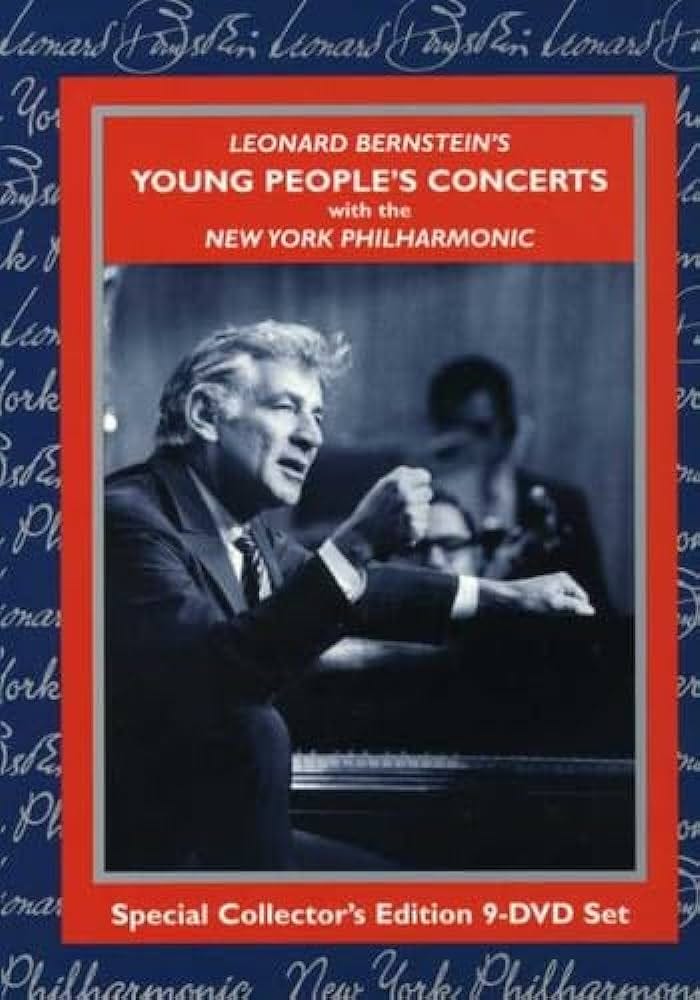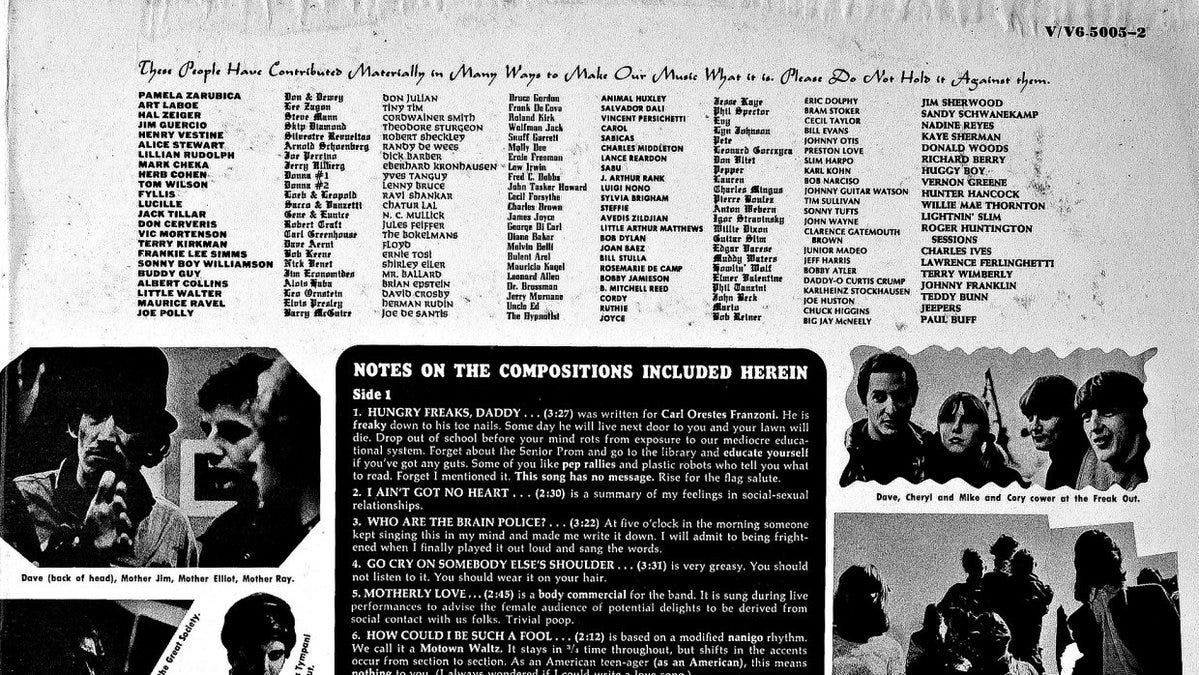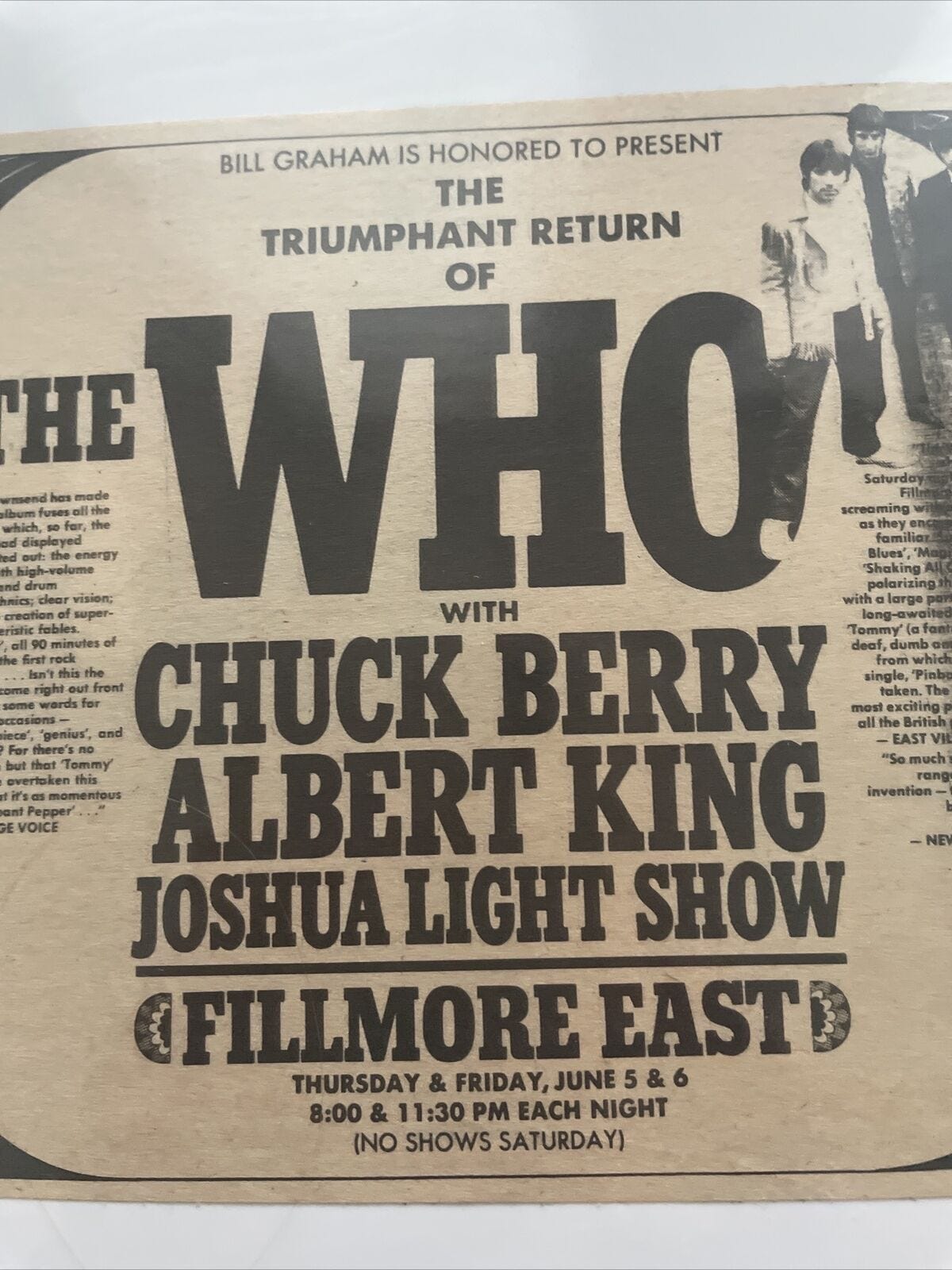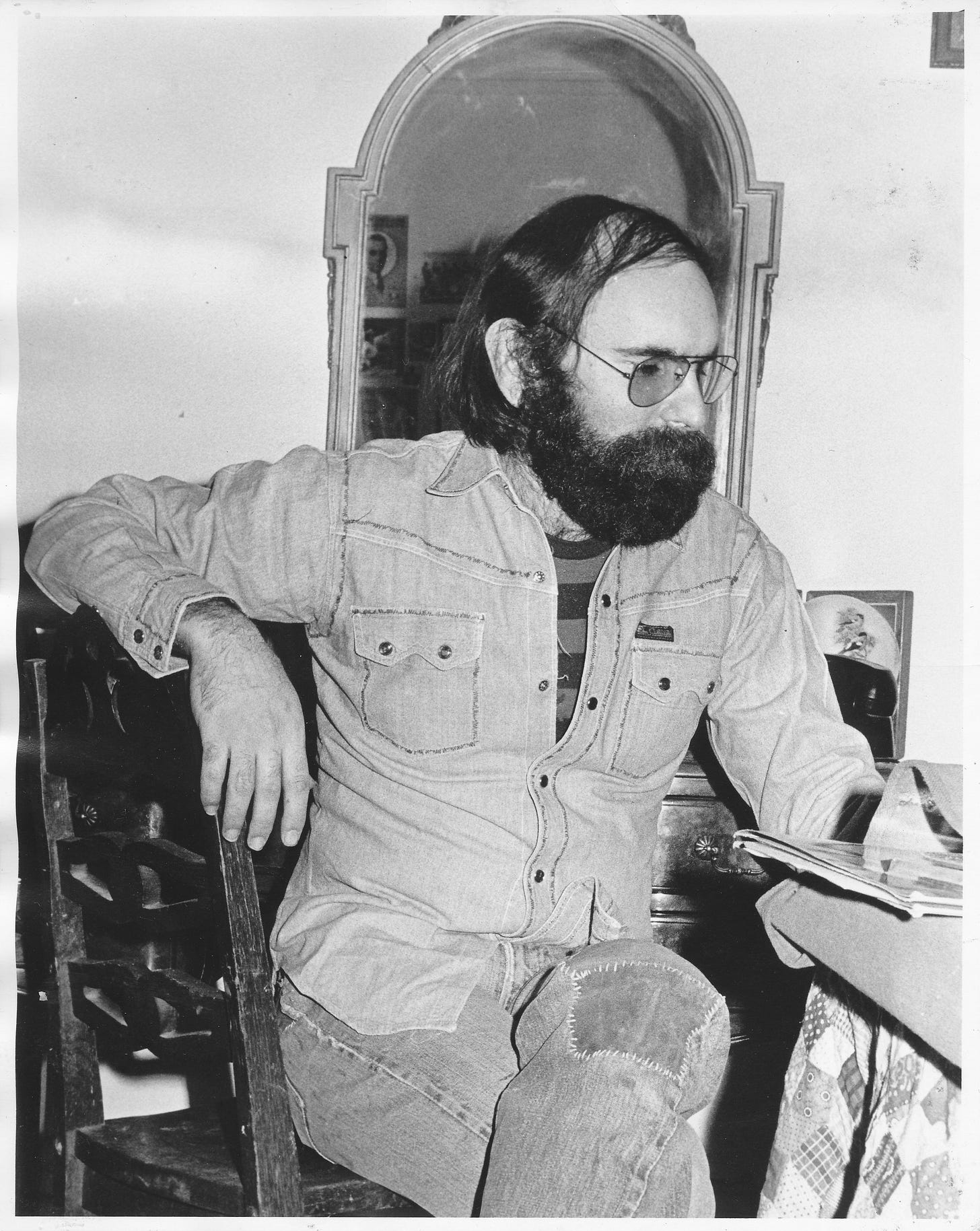My Music History
Yes, I really did perform at Carnegie Hall. When I was 14 years old.
I’ve read that one’s musical tastes are based on what you grow up with, that your favorites will be the stuff you heard in your teens and twenties. It’s something about how the pathways in your brain are shaped by the sounds you’re hearing at that age. By the time you hit your thirties it’s all over. That wasn’t quite the case with me; I kept on seeking new music well into my 50’s. These days I think I’m still into new music but very little registers with me, very little gets played more than once.
When I was growing up, our home was filled with music. My father had a radio next to the bed and he would listen to the classical music station as he was getting ready to go to sleep every night. As far as my mother was concerned, pop music started and ended with Sinatra. She also ran a lot of charity events that were based around Broadway musicals and I’d get dragged along to everything ranging from Man of La Mancha to It’s a Bird It’s a Plane It’s Superman!
I had a rich aunt, the kind who donated to the arts, and as a result for many years I got to go see Leonard Bernstein and the NY Philharmonic Orchestra for the TV tapings of the Young People Concerts. Those were freaking amazing.
Bernstein would explain everything, how the orchestra worked, the details of the pieces they were going to play, and then they played. I remember the last taping I attended. “Bach Transmogrified.” April 27, 1969. He brought out the New York Rock & Roll Ensemble to play with the orchestra. (Michael Kamen would go on to great solo success.)
At some point my parents got me a pocket transistor radio, the cheap plastic Japanese ones with a little corded earbud and it was always in my ear. I listened to the Top Ten stations in New York - the WMCA Good Guys and WABC (especially Cousin Brucie). These stations played everything and anything as long as it was a hit. Motown, the Beach Boys, the teen idols, doo wop, soul, rock, country, you name it. To me it was all music. We didn’t think in “genres” in those days. I’m reminded of the Duke Ellington quote which goes, roughly, “There are only two kinds of music - good and bad.”
I was nine years old when the Beatles first appeared on the Ed Sullivan Show. I was instantly hooked. They were my favorite band and I loved everything they did.
Eight months later the Rolling Stones were on Sullivan. I was ten and I thought you were only allowed to have one favorite band. I remember sitting in front of the TV watching them and trying to come up with reasons not to like them. (All these years later I play Beatles albums a couple of times a year, I play Rolling Stones stuff pretty much every week.)
I think I was around 12 or 13 years old when I discovered that the New York Public Library had records as well as books. I took out anything that seemed like pop or rock and the record that made the biggest impression on me was Freak Out, the first album from Frank Zappa and the Mothers of Invention. They had that in the library! Look at this list of names from the inside gatefold cover. There was no Google in 1966. It drove me crazy trying to find out who all these people were!
Around the same time I started getting into Cream and I had to grapple with the concept that perhaps the Beatles were no longer my favorite band.
I went to my first concerts in 1969. My first show at the Fillmore East was Albert King, Chuck Berry, and The Who.
Every show I went to there was a phenomenal mash-up of styles and genres and introduced me to so much new stuff. I went to see Jefferson Airplane and the Buddy Guy & Junior Wells Band was the opening act. I went to see Leon Russell and Donny Hathaway was on the bill. I think the night I went to see Boz Scaggs, the opener was Taj Mahal, when his ten-piece band included 4 tubas and climaxed with a 20-minute version of You Ain’t No Streetwalker Mama, Honey But I Do Love The Way You Strut Your Stuff. I saw Zappa twice, the Dead two or three times, I went to as many shows as I could but not even close to all the ones I wanted to. And think about it - I was 15 years old and my parents were letting me go to concerts in the East Village, some of which ran all night. (I also saw the Rolling Stones live for the first time in 1969, at Madison Square Garden. I never did get to see the Beatles live, but I did see George Harrison at one point.)
Free-form FM radio was the rage in those days. WNEW-FM - “Where rock lives.” It was album tracks instead of singles, the DJ’s could play whatever they wanted, and if they wanted to go from Miles Davis to the Moody Blues to the Allman Brothers Band, no one was going to stop them. I still remember the first time I listened to that station. The DJ’s didn’t talk over the songs! And they would play three songs in a row with no interruptions! I wrote down the names of the first three songs I heard and went to my local record store, only to find out that not only were some of these songs album tracks and not singles, one of them was from an album that wasn’t even released yet. This completely blew my young and impressionable mind.
My father used to joke that I was a musician, that the instrument I played was the record player. Ha. (He also seemed to take great joy in referring to The Beatles as “The Beat-Less.”)
When I was very young, maybe 5 or 6 years old, my mother put me in some kiddie music school - 2 days a week after school playing the recorder and the xylophone and banging on conga drums (and 2 days a week after school in Hebrew school - all of which meant I wasn’t in the park playing ball with the other kids in my neighborhood, but that’s a different story for another time). Eventually I moved on to the piano and they must have told my mother that I was pretty decent, because she started me on piano lessons twice a week and bought an upright piano for me.
When I started junior high school (7th grade, so I would have been maybe 12) we had to make a choice between orchestra or shop, so I chose orchestra. We had to choose an instrument and it seemed as if everyone was choosing the violin or the clarinet (which in retrospect doesn’t make sense). I figured if I was going to stand out, I would choose an instrument that no one else would choose so that I could stand out. It came down to a choice between the double bass and the bassoon. The bass was $20 less per month to rent so that was what I chose.
Here’s the thing about me as a musician. I could read music really well. I could sight read, meaning that you could put a sheet of music in front of me and I could play it okay on the first try. But I hated practicing. I knew chords and scales forwards and backwards, but I didn’t understand progressions or how songs were constructed. Put me on the piano or bass without a piece of sheet music in front of me and I would be lost.
But, as I said, no one else chose the bass, only me. I got fairly good with it, and because there was a shortage of bass players in The Bronx, when I was 14 and in the ninth grade, I found myself in The Bronx Borough-Wide Junior High School Orchestra.
You know the old joke about Carnegie Hall? “How do you get to Carnegie Hall?” “Practice!” Well, guess what. When I was 14 years old I played at Carnegie Hall, and I almost never practiced! It just happened that the year I was with this orchestra was the year they did their annual concert at Carnegie Hall, so there I was. Salute to Music!
(Apparently I am in this photo … somewhere on the right side I guess.)
To this day, 55 years later (!!!), I can remember the thrill of standing on that stage, standing on the same stage as basically every musical giant across every music genre for decades. It’s one of the things I’m most proud of in my life. (And, yes, of course, they misspelled my name in the program.)
My parents rewarded me by getting me a cheap electric bass guitar and amp. I had no idea what I was doing with it. I tried to put a band together - I don’t remember how I found the other people but we had two rehearsals in my bedroom and in the second one, the guitarist gave me my first joint. I also went to audition for a band. My dad drove me there. I went into this guy’s basement and jammed with them for one song. I had never jammed before. I was totally lost without sheet music. I didn’t understand what to play. After the first song they looked at me and said, “Well, at least you got the last note right.” And I called my dad and told him to come and pick me up. I pretty much gave up on bass and concentrated on piano instead.
At New York University, I minored in music and took advanced piano classes. At the same time, I saw an ad in the back of the Village Voice. Barry Goldberg was giving piano lessons. I called him up. He wanted $20 an hour. I begged my parents to no avail - they said they wouldn’t go higher than $10. Somehow I got him to agree to that, and for almost two years I’d go to his apartment.
In my mind, Barry is one of the greatest blues and rock keyboard players of all time. He started out in the clubs in Chicago, was an early member of the Paul Butterfield Blues Band, backed up Bob Dylan when he went electric at Newport, co-founded the Electric Flag with Mike Bloomfield, and went on to play with almost everyone there was to play with - from Ike & Tina Turner to Leonard Cohen to the Ramones to Neil Young.
That’s Barry circa 1972. I’m not sure if I took this photo or my friend Celia did, it was for an article I wrote about him in the NYU magazine “Cold Duck.”
Barry taught me how to play the blues. He showed me progressions and riffs and I finally got some understanding of what I was doing. We also talked a lot about music, played records for each other, and we talked about life. One day I got to jam with Michael Bloomfield. I gotta say, Michael was the nicest guy you could ever hope to meet, no ego, no inkling that he basically laid the foundations for every other blues guitarist in the 60’s. When he came out with the 13-minute long East-West in 1966, no one else was doing anything like that.
And I spent time with legendary song writer Gerry Goffin - when he was married to Carole King he co-wrote songs like Will You Still Love Me Tomorrow, Up On the Roof, Goin’ Back, (You Make Me Feel Like) A Natural Woman. At the time he lived in the same building as Barry and they started co-writing songs together - songs that were covered by Rod Stewart, Gladys Knight, Joe Cocker, Gram Parsons, and dozens of others.
Barry is in his 80’s now and he’s still active - he was in a group called The Rides with Stephen Stills and Kenny Wayne Shepherd back in the 20-teens, and his last solo album was released in 2018. He made a huge impression on me. We’re connected on Facebook and he told me, “You were a great pupil who had the feeling!” He was always a very generous person.
Okay, this has gone on much longer than I anticipated and there’s a lot more to the story, so I’ll pause here. I hope people have found this interesting and I’ll try to finish off the story soon.
In the meantime, I have to say that Elbow’s new album, AUDIO VERTIGO, is as good as anything they’ve ever done. This is my favorite track from the album so far.








